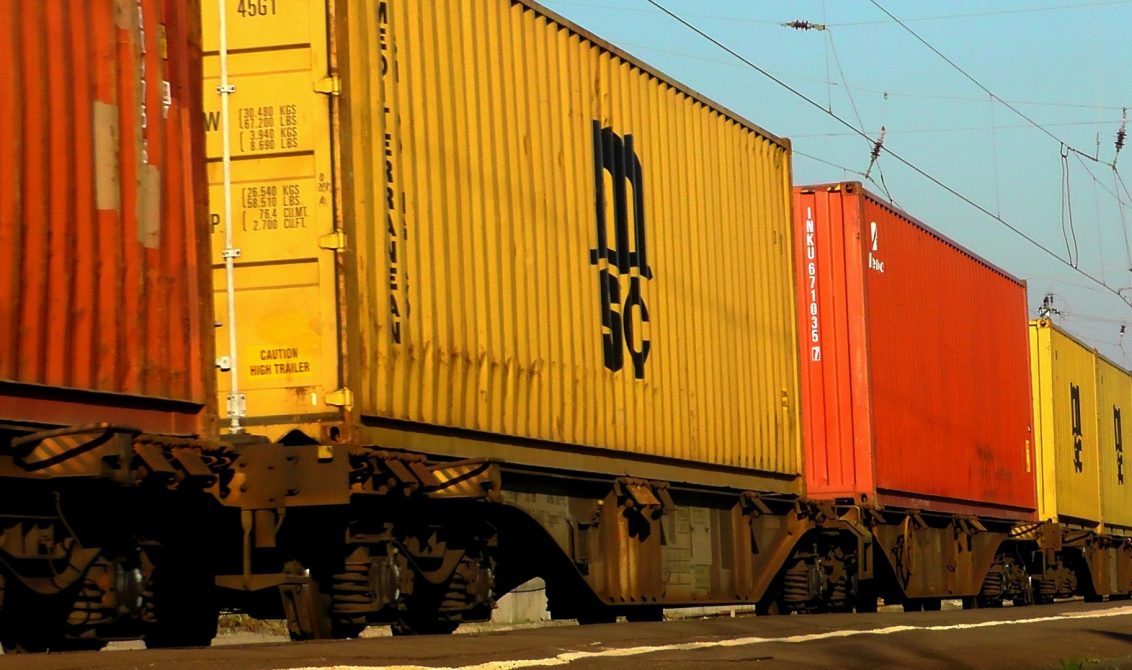
According to the World Bank, African Continental Free Trade Area (AfCFTA) would lift tens of millions out of poverty by 2035 as it aims to build the largest trade area with over $3 Trillion net worth. However, the economic integration vision of AfCFTA looks like a vapid one. Some factors have rendered the mission counter-productive and African leaders need to address the factors.
First, protectionism is part of what brought the African economy a downturn. Tariff measures were initiated to regulate the inflow and outflow of goods, but it has become an economic clog highly detrimental to African economies.
The age of globalisation has made interdependence a necessity. Therefore, isolation only complicates the current economic stagnation, and it is expedient for African leaders to have the willpower to execute well-informed policies.
African countries need to have collective growth. They have to foster the relationship with African investors and discourage monopoly with the established local industries. This growth can be achieved when they take logical solutions seriously and apply them accordingly.
Second, governments need to foster relationships with local businesses. There has been too much motivation and little willpower in implementing AfCFTA’s policies. There should be synergy with the local businesses on how they can take advantage of economic integration and create more opportunities for their states.
African countries need to properly sensitize and educate appropriate bodies on AfCFTA’s policy and execution. The recurrent expenditures of countries should account for possible improvement in conditions that encourage production and healthy competition. Basic amenities should not be delegated to an ad-hoc committee; they should reflect national policies.
Third, Africa is complacent with heavy dependence on the global economy. The World Bank’s statement on the economy of Africa predicts that growth for 2022 and 2023 will remain just below 4 per cent, continuing to lag the recovery in advanced economies and emerging markets. One thing that keeps Africa vulnerable and docile is its heavy dependence on foreign goods.
According to the Carnegie Endowment for International Peace, the African continent hosts eight of the fifteen least economically diversified countries. However, with the aid of natural resources, African countries can help themselves grow out of the stagnation or constant depreciation instead of relying on the global economy for importation.
The African Development Bank recently addressed the need for debt management, reiterating its focus on making sure African countries have quality and sustainable debts. The statement throws more light upon the need for African countries to stop the heavy reliance on debts to finance their economy.
Finally, insecurity and unrest threaten the continent’s prosperity. Insecurity is taking too much toll on African nations from reaching their economic potential. Global Terrorism Index documents that Sub-Saharan Africa accounted for 48 per cent of global terrorism deaths. Albeit, not all African countries are victims of terrorism, they can all meet and synergise on strategically striking out insecurity the similar way they helped each other end colonialism between 1950 to 2000.
The AfCFTA’s vision will decay with time if appropriate steps are ignored. African leaders would rebrand the free trade scheme with another name — bringing Africa’s economic prosperity into an eternal loop of negligence.

